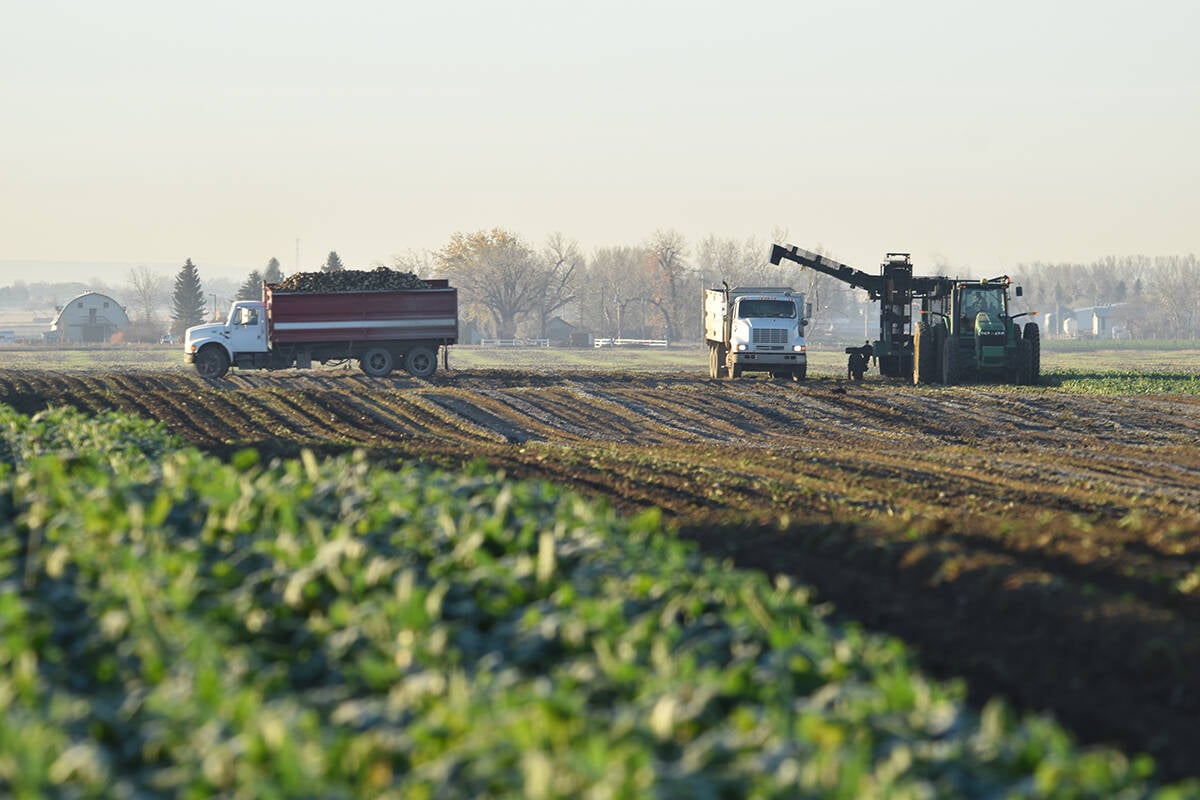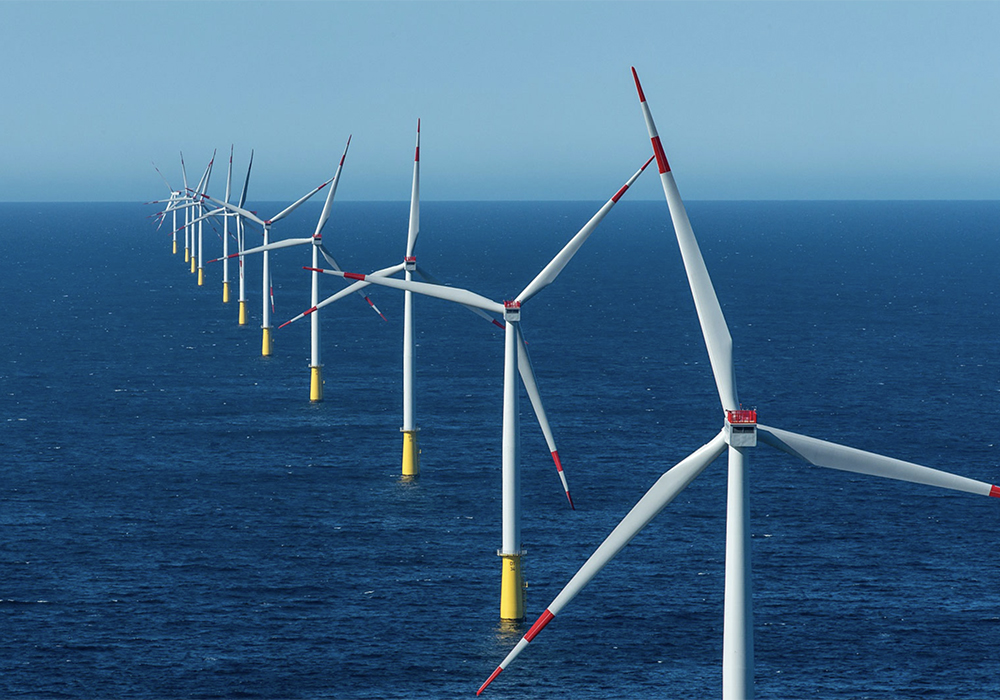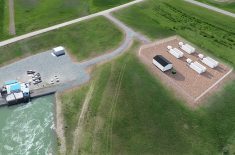(Reuters) — BASF has struck a deal with Swedish utility Vattenfall to buy into two German offshore wind farms in the German chemicals giant’s latest move to secure fossil-free power and reduce its carbon footprint.
The companies said Dec. 6 they had signed a memorandum of understanding for BASF to buy 49 percent of shares in a project that encompasses the North Sea wind farms of Nordlicht 1 and 2.
The financial terms were not disclosed.
BASF will receive almost half of the electricity produced at the sites and use it to supply its chemical production sites across Europe, in particular in Ludwigshafen, western Germany.
Read Also

Canada the sole G7 nation without a Domestic Sugar Policy to aid local sugar beet production
Canadian sugar beet industry vastly different to US with free-market system compared to protective government-regulated sugar program
Vattenfall will use its share of the fossil-fuel-free electricity to supply its German customers, the company said.
The deal is expected to be signed in the first half of 2024, with a final investment decision projected the following year.
The wind farms are to be fully operational in 2028 and have a combined capacity of 1.6 gigawatts (GW), the companies said.
In 2021, BASF invested 1.6 billion euros (C$2.3 billion) in 49.5 percent of Vattenfall’s Hollandse Kust Zuid. The Dutch wind park has a capacity of 1.5 GW.
The Nordlicht wind farms, north of the German island of Borkum, are expected to reach a combined production of around six terawatt hours (TWh) per year once fully operational, equal to the electricity consumption of 1.6 million German households.
BASF’s share of this output would account for around half of the electricity used by its Ludwigshafen site. However, because of the switch to climate-neutral production processes, the group’s electricity needs will increase significantly in the future.















